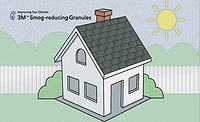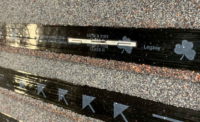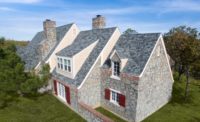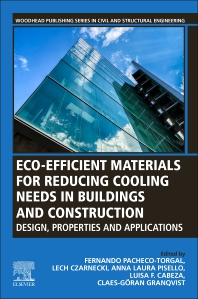PORTLAND, Ore. — Malarkey Roofing Products has announced it will offer NEX polymer modified asphalt in all roofing shingles starting Jan. 1 – executing a plan to upcycle materials that would otherwise end up in a landfill.
NEX uses upcycled material diverted from the landfill to extract valuable polymers that improve shingle performance.
The company said in a release that North Americans throw away a total of more than 30 million tons of plastic annually. Most ends up in landfills, as plastic only has about a 9.5 percent recycling rate.
Malarkey said all of its products previously made with Flexor and Nexgen will now utilize NEX technology.
“Upcycling is a necessary reality for all manufacturers today,” said Rich Robbins, vice president of sales at Malarkey Roofing Products. “We are in a critical position to improve our products sustainably for our customers and the health of the planet. At our scale of production, we can make a demonstrable impact. For instance, each ton of upcycled material prevents seven and a half cubic yards of material and several barrels of oil from entering the landfill.”
By sharing this information with homeowners, the company said, Malarkey Roofing Products is hoping to help consumers make informed, sustainable decisions when considering their next home improvement or reroofing project.
On an average-sized home, with a roof of roughly 3,000 square feet (30 roofing squares), that is covered in Malarkey roofing shingles with NEX polymer modified asphalt, the upcycled content is equivalent to more than five rubber tires and more than 350 plastic milk jugs.
As previously covered by Roofing Contractor, Malarkey recently begun incorporating 3M Smog-reducing granules to all roofing shingle lines as well. The product was named a best invention of 2018 by Time magazine.
On the same roofing shingles with NEX, the smog-reducing granules help to remove smog pollution (nitrogen oxides or NOx) from the air. For the average-sized home and roof, the total smog-reducing capability of the shingles is equivalent to more than two trees.






Report Abusive Comment